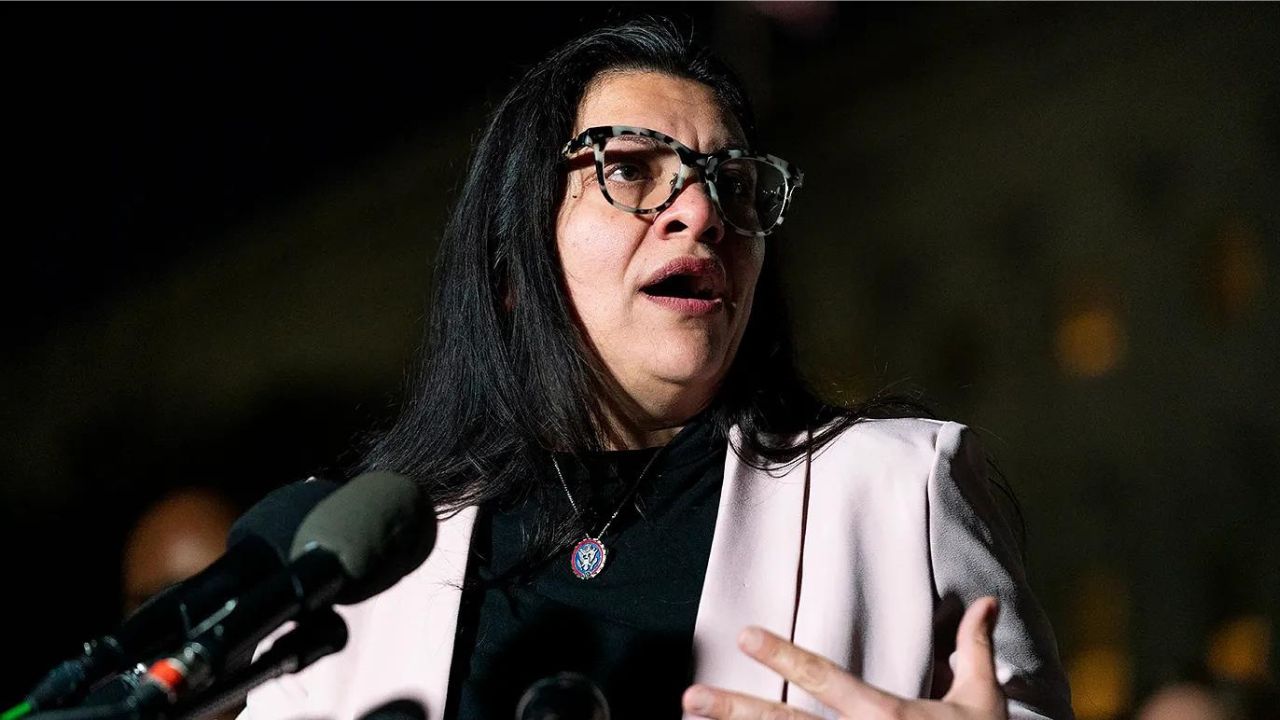Former President Donald Trump has once again caused a stir with his recent comments regarding the contributions of European NATO members. In a post on Truth Social, Trump claimed that the United States is likely spending $150 billion more than its NATO counterparts to support Ukraine, although this figure has not been substantiated. This latest controversy comes on the heels of President Joe Biden's criticism of Trump's previous remarks about NATO, which Biden deemed as sending a dangerous and un-American signal to the world.
Despite concerns raised by Trump, NATO Secretary General Jens Stoltenberg reassured that a record number of member countries are on track to meet the 2% goal of defense spending this year. Stoltenberg announced that 18 countries are projected to reach this threshold, with NATO European allies expected to invest $380 billion collectively, marking the first time they hit 2% of their GDP. Trump's criticism of NATO spending comes amidst ongoing debates in Congress about aid packages for Ukraine, Israel, and Taiwan. House Republicans have caused delays in passing these aid packages, further complicating the situation. Trump's comments, which align with his past critiques of NATO and foreign support, have raised concerns in Europe about a potential withdrawal of US assistance, fueling anxieties across the continent. In a follow-up post on Truth Social, Trump reiterated his position, arguing that other countries were neglecting their financial responsibilities without his insistence on payment. He claimed that the US was providing more than $100 billion in aid to Ukraine than NATO. The ongoing discussions highlight the complexities surrounding international alliances, defense spending, and the role of the United States in supporting its allies. As these issues evolve, the statements and actions of political figures like Trump and Biden continue to face scrutiny both domestically and globally.NATO Chief Criticizes Trump's Comments, Emphasizes Boosting Transatlantic Bonds During Increase in Defense Spending
 8 months ago
1319
8 months ago
1319
Related
"Santa Maria Memorial Day Ceremony Honors Fallen Heroes with...
6 months ago
1435
Austin Maddox, Former Red Sox pitcher, arrested in underage ...
6 months ago
1259
More Information on Rashida Tlaib's Call for ICC Arrest Warr...
6 months ago
1175
Trending in United States of America
Popular
Disney's Major Investment in Epic Games Signals Next Chapter...
8 months ago
1804
Top commodity trader Andurand predicts quadruple increase in...
6 months ago
1741
Middle East tension boosts Brent crude above $90 for the fir...
7 months ago
1735
World of Warcraft Companion App to be Discontinued by Blizza...
7 months ago
1731
"Don't Take Travel for Granted: Tips for Traveling with Elde...
8 months ago
1728
© StoryBrut 2024. All rights are reserved








 English (US)
English (US)